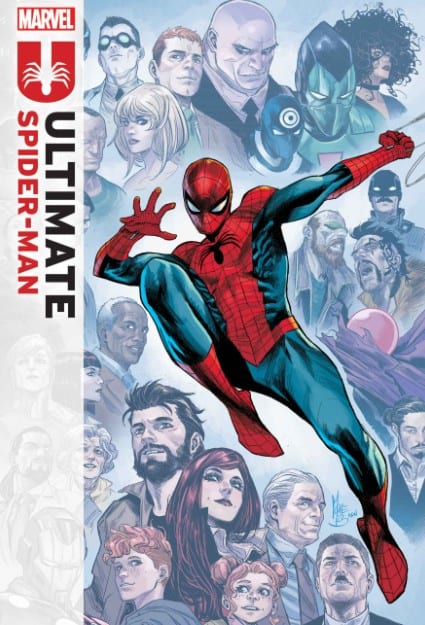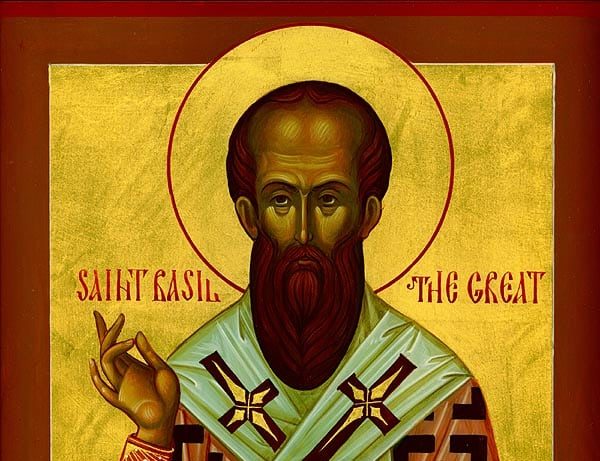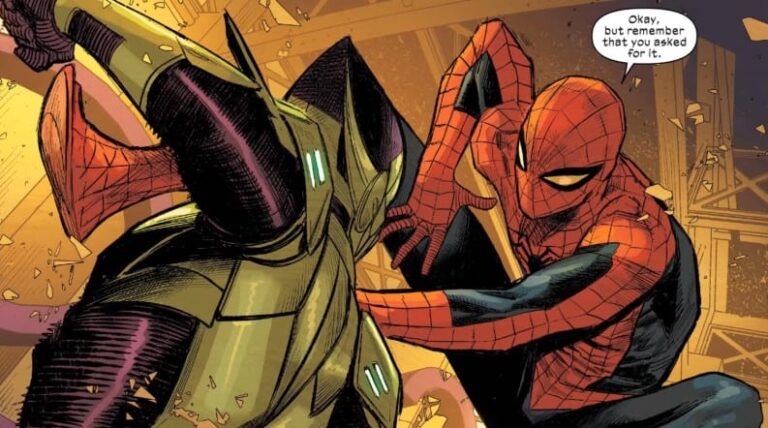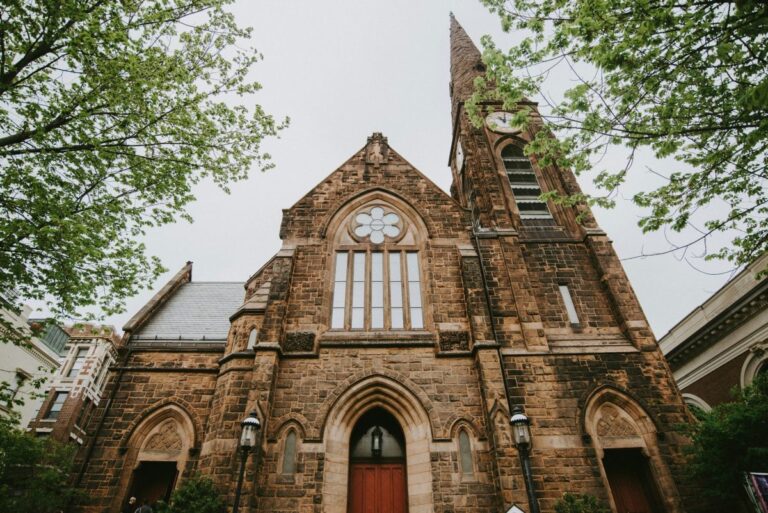The Grapes of Wrath (1939): Horrific Poverty Exposed
“There is a crime here that goes beyond denunciation, there is a sadness that weeping cannot symbolize, there is a failure here that topples all of our success… and in the eyes of the people, there is the failure; and in the eyes of the hungry there is a growing wrath. In the souls of the people, the grapes of wrath are filling and growing heavy, growing heavy for the vintage.” –John Steinbeck, Grapes of Wrath, 34-
Horrific and harsh are these immortal words of John Steinbeck, who, in 1939, published what may be the greatest retrospective of a historical period ever conceived. The events of “The Grapes of Wrath”, while fictional, may hold more truth about the human condition, and more specifically, the wallowing despair of poverty in the western world.
Wrath, and What it Means.
https://gty.im/517318410
Within the context of the novel, Steinbeck clearly depicts the despair and tension of the average person during the American Depression as more than an economic status issue. At the start of the book, there is lamentation of what once was, of the life that was lived just a few short years before. It is apparent that there is resentment of the events that have transpired in the descriptions of the characters’ actions, without even the use of dialogue.
Our early protagonists, Tom Joad and Jim Casy, are disillusioned and disenfranchised people with broken lives, and though some of their misfortune is the fault of their own actions, Tom Joad having killed a man, and Jim Casy having chosen to travel and preach instead of work prior to his meeting of Joad; it is shown that in a grander visage that there is a general misfortune befalling all people.
Tom and Jim later arrive at the familial farm of the Joad’s, Tom’s family. While here they discover that the wealthy bank owners had foreclosed and evicted all inhabitants of the farm, and that many such cases had been afflicting the population around Sallisaw, Oklahoma. Therein lies the misfortune, a discrepancy between the classes has made the modest desperate, and the desperate into wandering husks of hopelessness. When people, such as the Joads, are removed from their homes, while bankers profit from their misery, the angst and hatred within the general laymen crescendos, thus, the wrath.
Steinbeck compares this swelling of spite and malice within the soul to the ripening of a vineyard, granting the eponymous image. But anger and desperation are not all that the characters of this masterpiece, and their real-world analogues, experienced.
The Dread and Anxiety of Poverty at the Highest Level

In the rising phase of the novel, Steinbeck introduces hope to the hopeless in form of pamphlets that call all who are in need to the State of California, where there are hundreds of alleged jobs. The family, in their neediness, take on a road to the promised land, which is a biblical allusion directly made by Steinbeck; the family is described as passing through the deserts of the Southwest, and the families of those with common goals of reaching the Gold Coast.
Steinbeck is drawing a comparison to the wandering of the desert by the Hebrews lead by Moses in Exodus, which is described by Bible Scholars as a representation of ultimate suffering and confusion. This accentuates that those that are in poverty feel a disconnection from the world, an ultimate isolation from the essence of humanity, and perhaps an abandonment from a higher power.
The forsaken impoverished in Steinbeck’s novel are subjected to an environment that lends itself well to the analogy of Biblical plagues, and the reality of the situation, the real-life depression, was seen as such. Hundreds of people died from things that previously would be considered trivial, and have since fallen into antiquity, though it was less than a hundred years ago. Many of those that lived in those days described their daily feelings as knots of the stomach, a heart that beat too quickly, and a mind that thought too slowly; these are the things that sufferers of chronic anxiety explain about their daily feelings.
While today there are mental health professionals, medical solutions, and a significant amount of general empathy for these feelings, in the early Twentieth Century, this was not the case. The general public believed that they had been persecuted by their God, primarily as a prelude to an impending “End of Days”. This is the ultimate, and unequivocal apex of anxiety and existential dread.
The “Big Picture” of Poverty
While Steinbeck’s novel is absolutely full of Biblical Analogies, it is not an allegory. Instead, Steinbeck is describing the spiritual and cerebral nature of economic desperation. When a human being is forced to live without the necessities of human life, they abandon the niceties of human civilities and are forced to act in a manor adjacent to animalistic survival.
In most cases around the world, this aspect of human nature is exploited. It is easier to justify lower wages if there are those that will work for them, it is easier to ignore the plight of your neighbors if you are in a struggling competition with them for those lower wages, and it is easier to sell products to a population that has been without them. Poverty at this level becomes a generational mindset, a mindset that, even in the case that your progeny become vastly successful, is not easily changed.
Steinbeck criticizes this aspect of humanity within “Grapes of Wrath”, when protagonists Jim Casy and Tom Joad are forced to work for only enough money for one meal, then later told that even that miniscule wage will be reduced. When Casy appeals to civility, calling for an organized strike against this tyranny, he is killed, and is avenged nigh-instantly by Joad, who is forced to flee. Tragedy extends beyond this, as Joad bids farewell to his family, and moves on, his younger sister, Rose of Sharon, miscarries her child.
During all of this, the family is not allowed to grieve, as they cannot afford the luxury of missing so much as a single day’s wages. This being Steinbeck’s penultimate statement on the human horror of poverty, that the very notion of life is unimportant, and the value of emotions to the “soul” is secondary to the needs of the body when you have fallen to the bottom of the economic ladder of society.
Feeding Others and the Expulsion of “Wrath” in the Throes of Poverty
In the finale, Rose of Sharon Joad, and her mother are displaced by a flood, and must take shelter in a barn, occupied by a young boy and his father, who is dying of starvation, weak and wilting. In a moment, having been denied even the respite of grief on her soul, denied valuing her own life, or the lives of her many dead family members, Rose of Sharon spites the world and decides for herself that life and kindness are worth more than self-preservation. In an act that subverts all of the events of the novel, Rose breastfeeds the dying man and saves him from certain death.
In a world where there are those that would wish for your misfortune, as it may be of benefit to them; where grief is a luxury, and death is hardly a problem you’d have to concern yourself with, kindness in spite of yourself may very well be the only cure. Otherwise, one might find themselves plucked from the vine, and squeezed for the vintage.
For More Great Content
Total Apex is an all-encompassing content producer. We provide heavily detailed articles every day on entertainment, gaming, sports, and so much more! Check out all our great entertainment content at Total Apex Entertainment. Check us out on X @TotalApexSports and our other sites: Total Apex Sports, Total Apex Sports Bets, and Total Apex Fantasy Sports.






